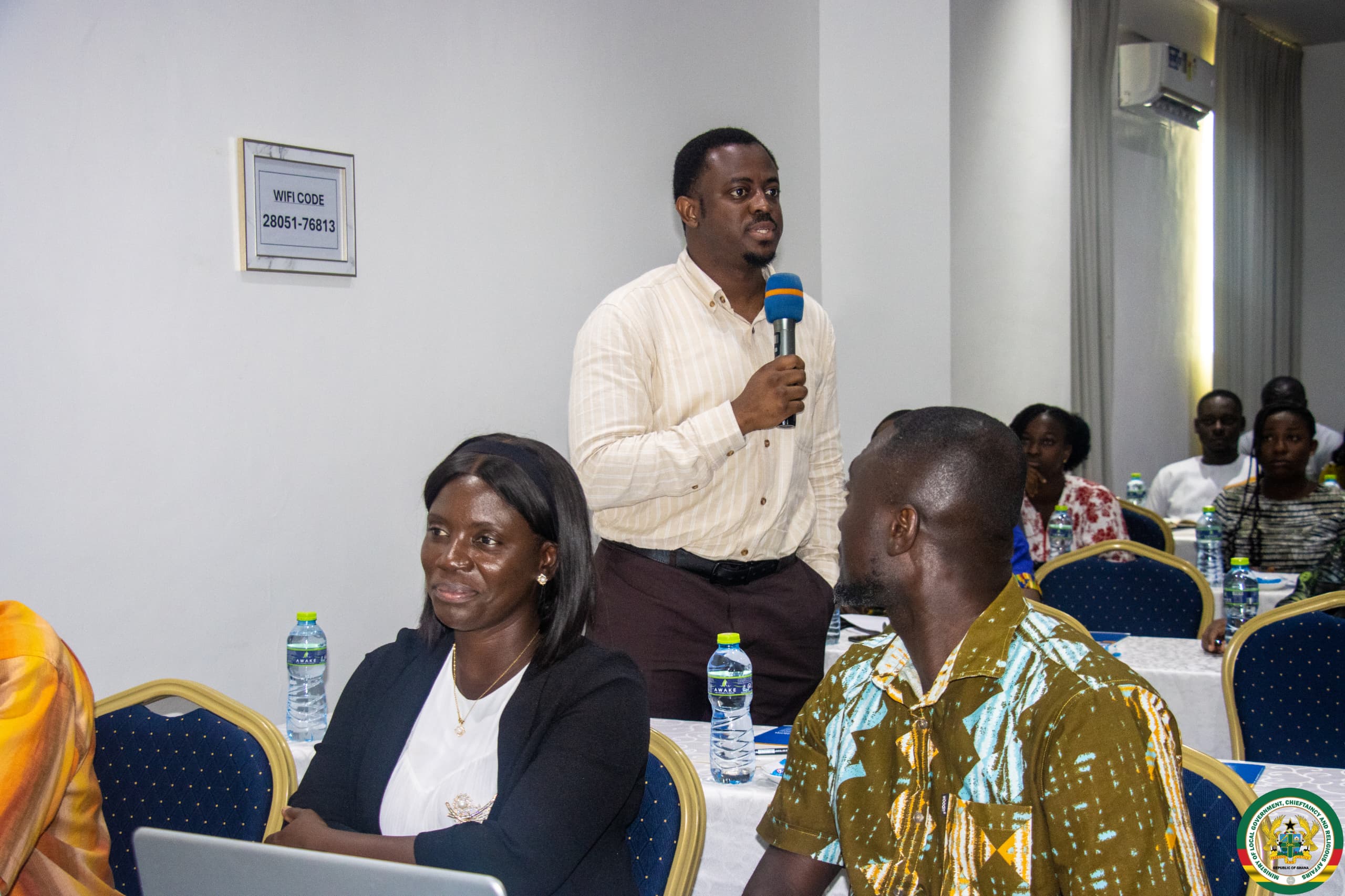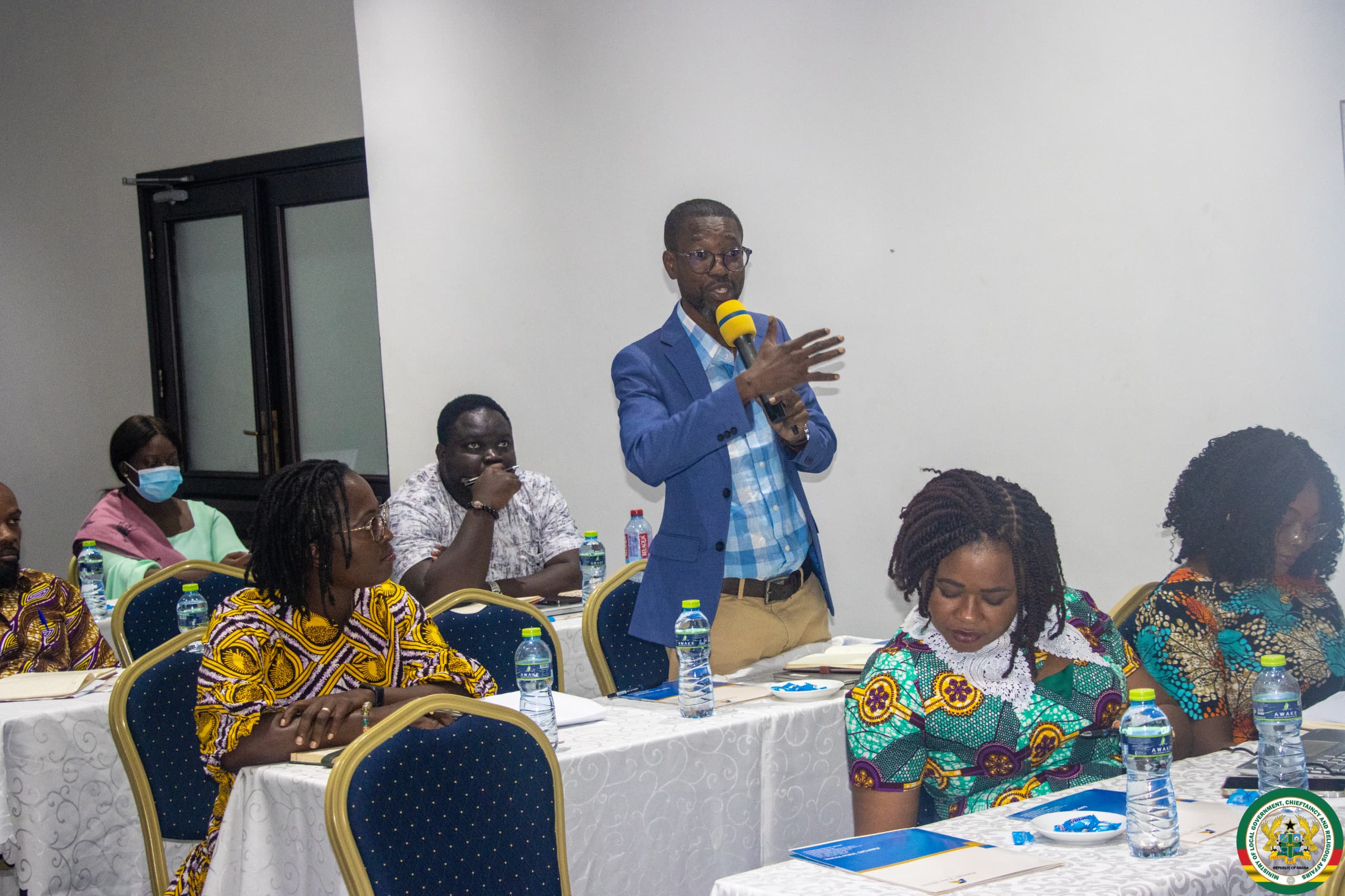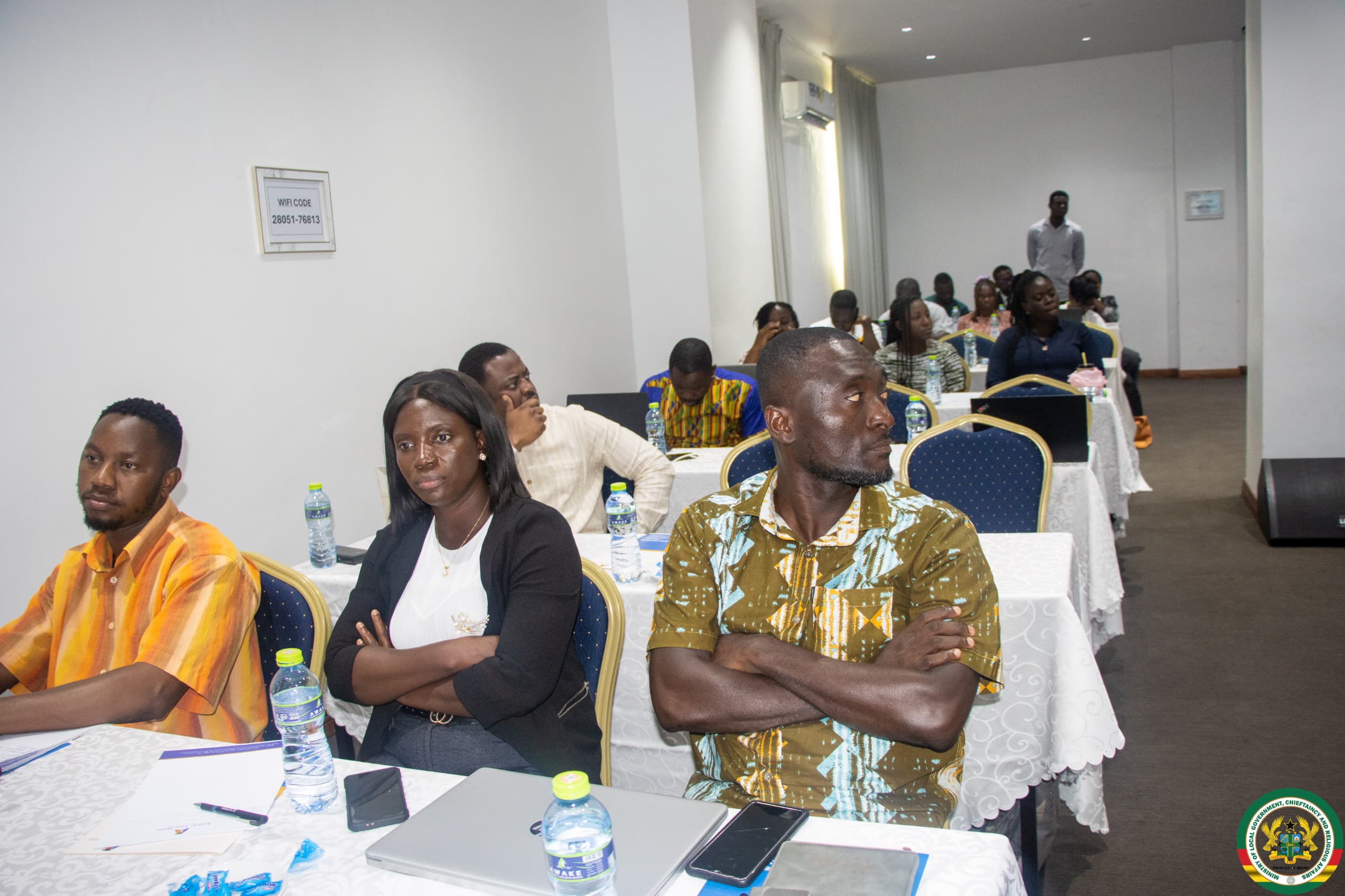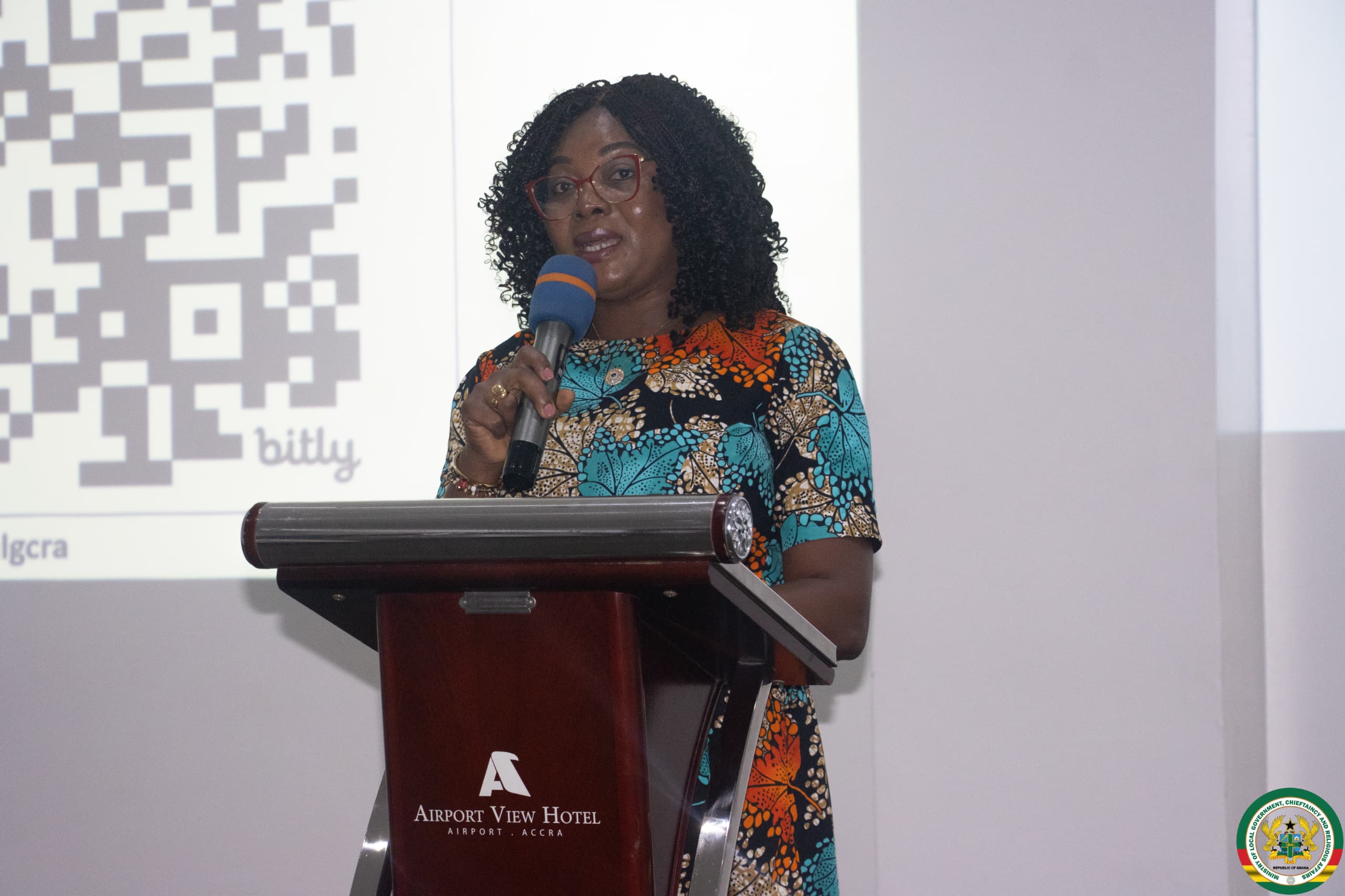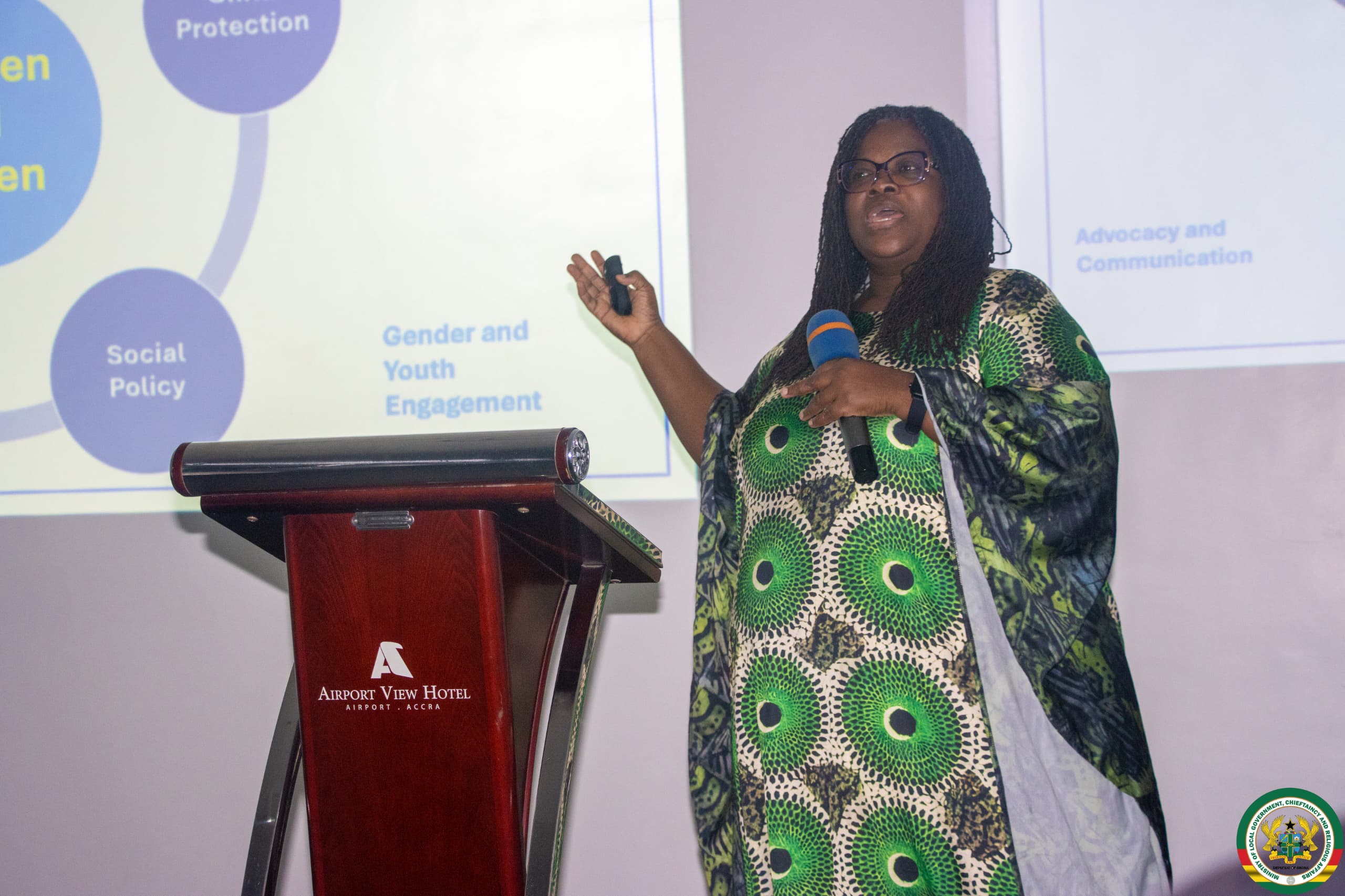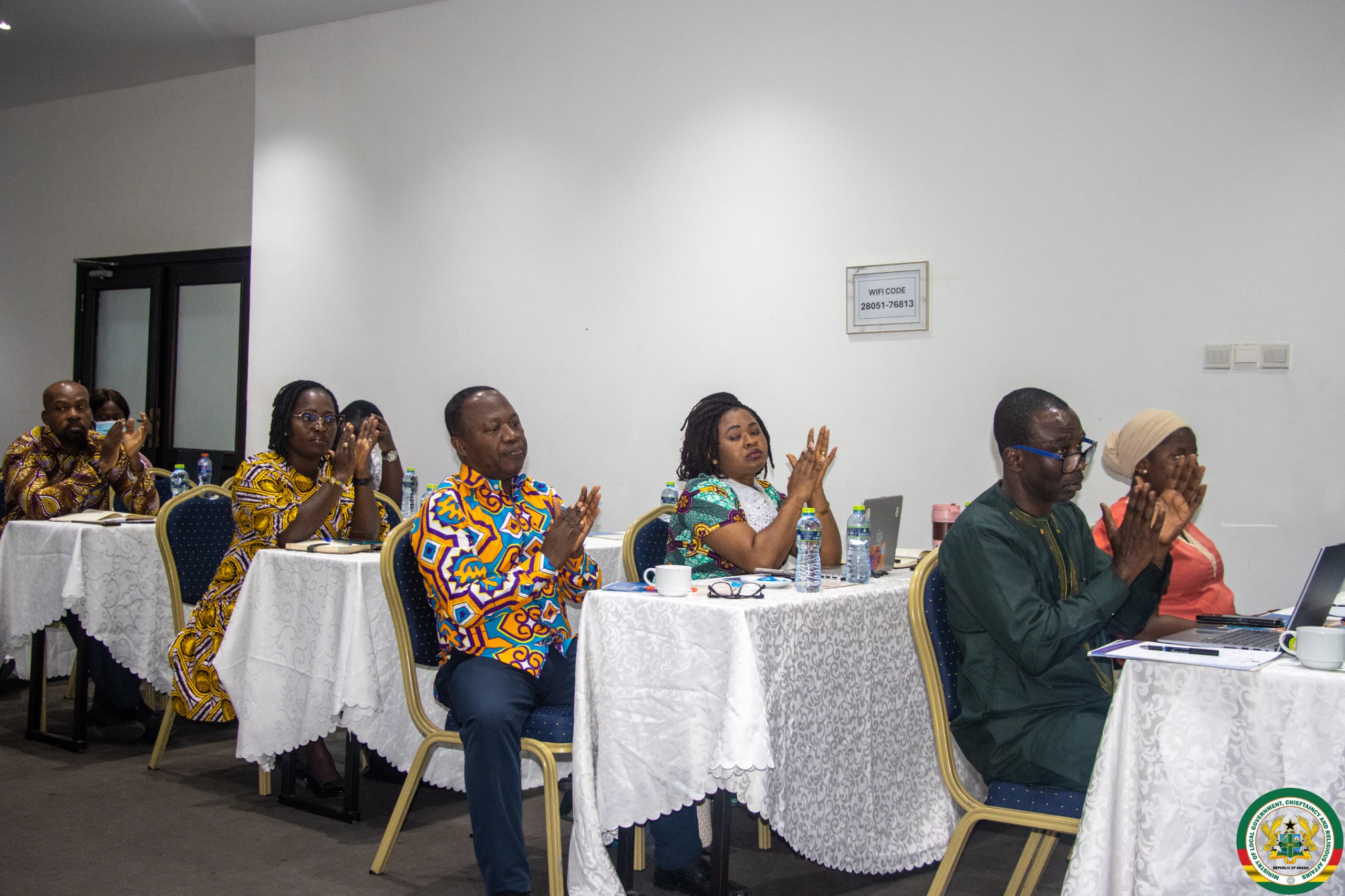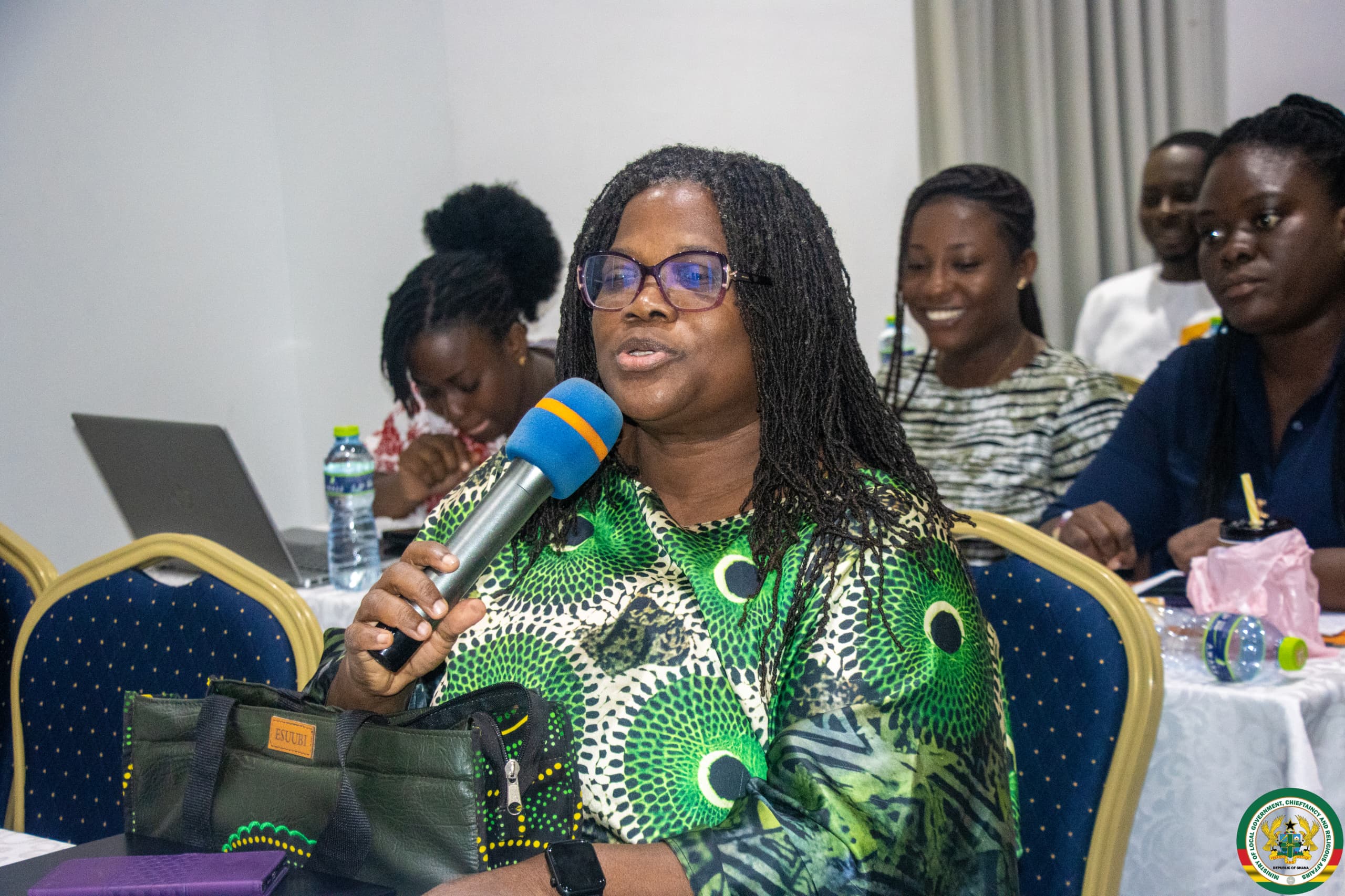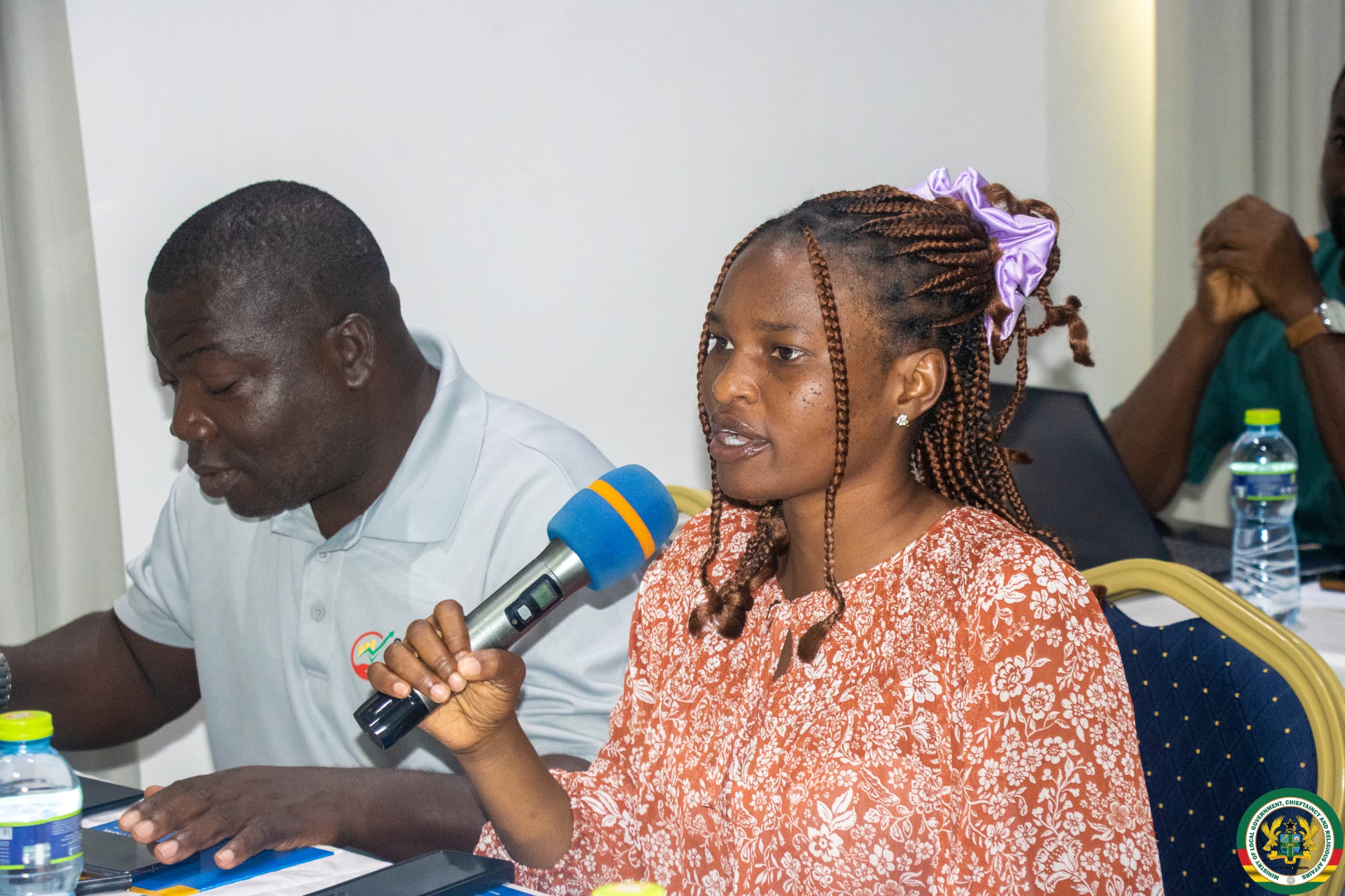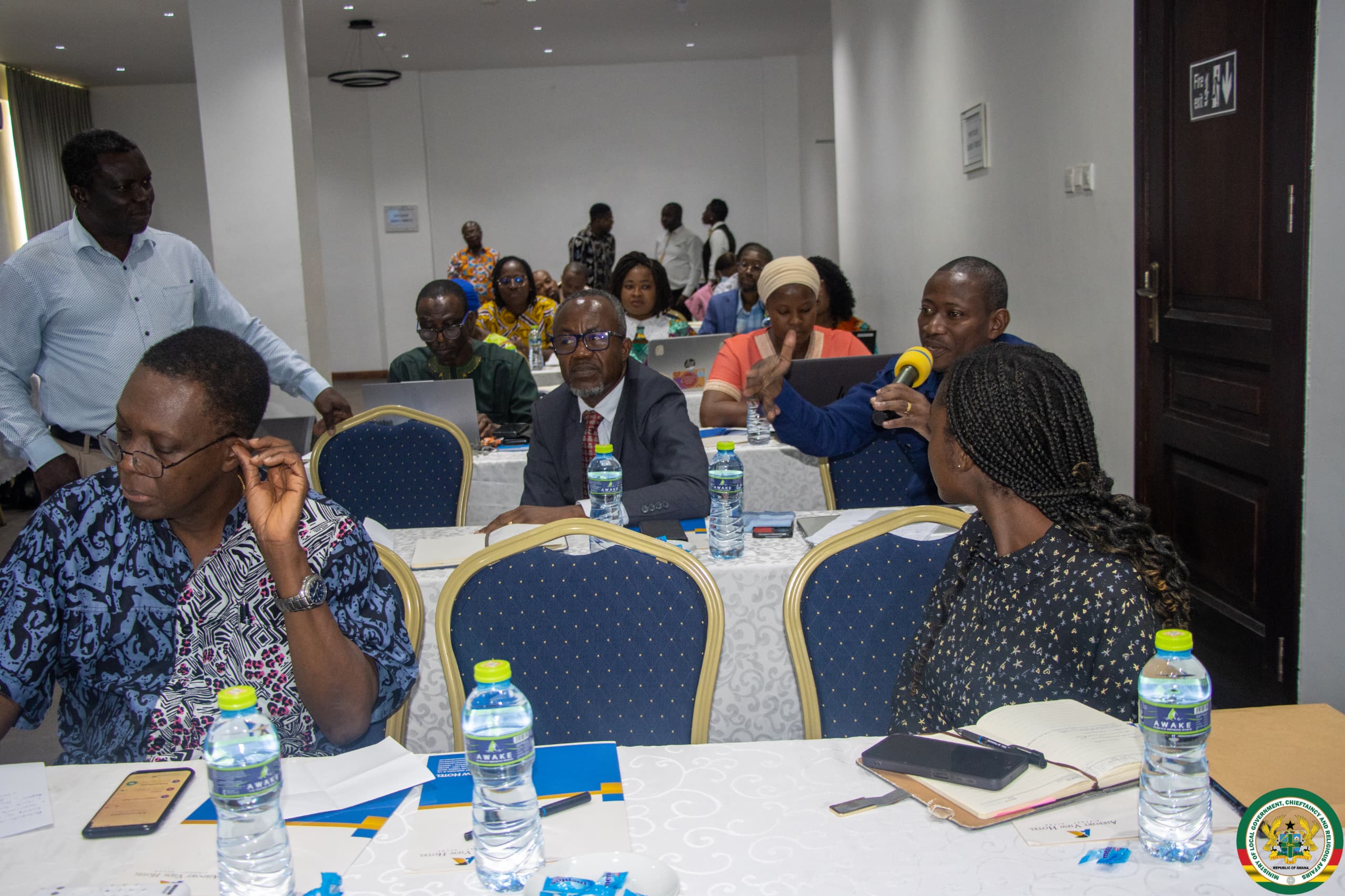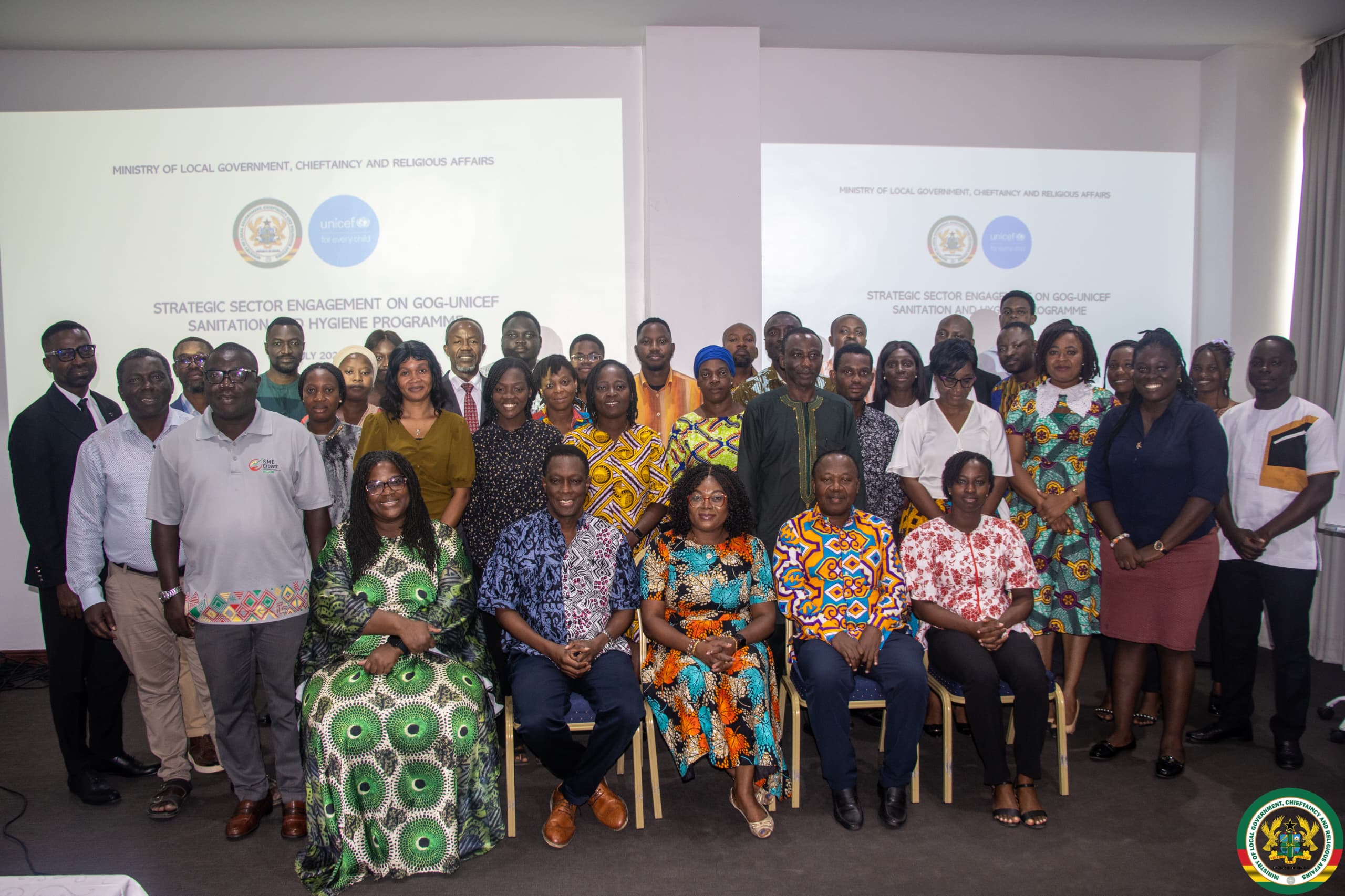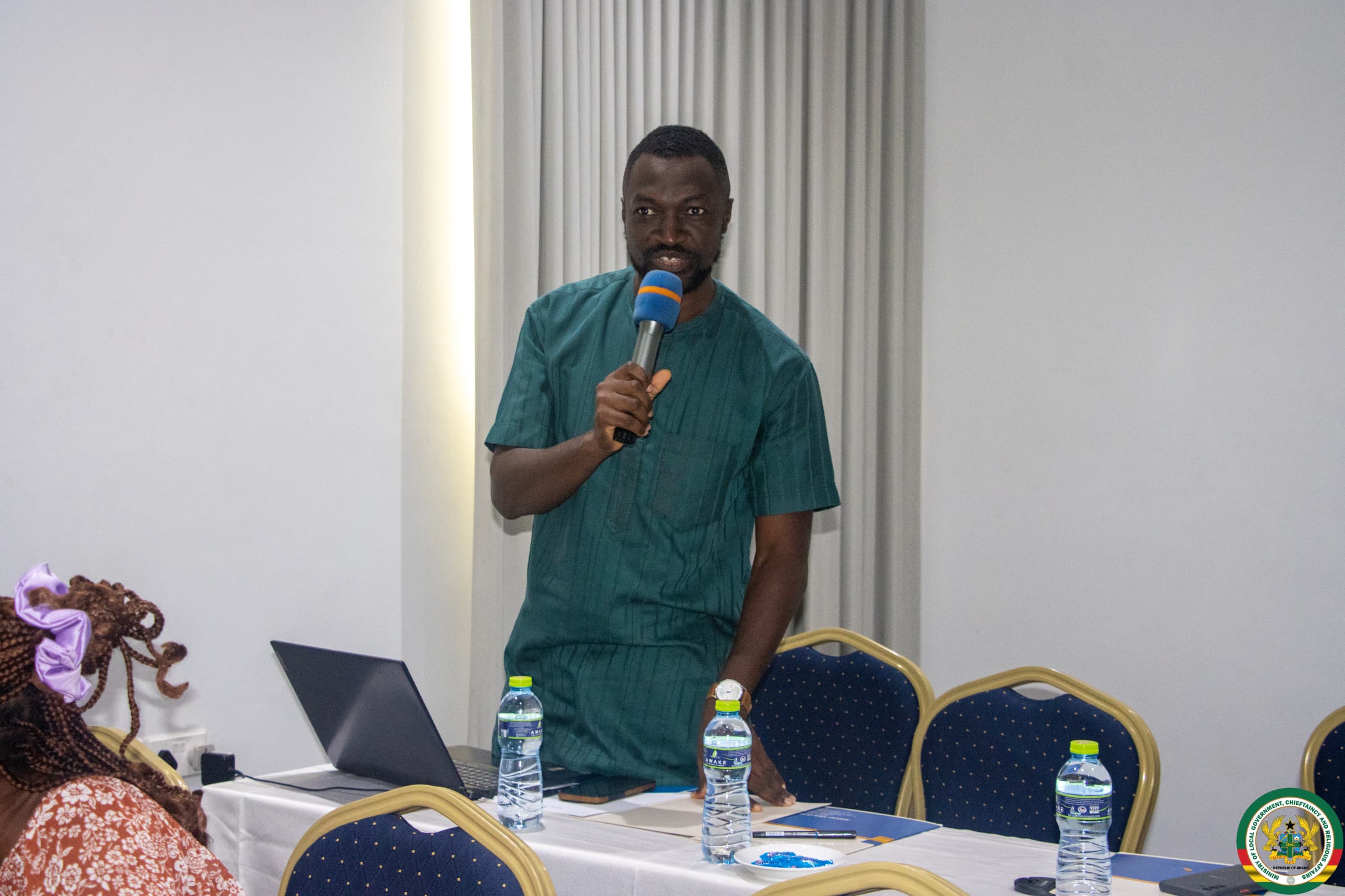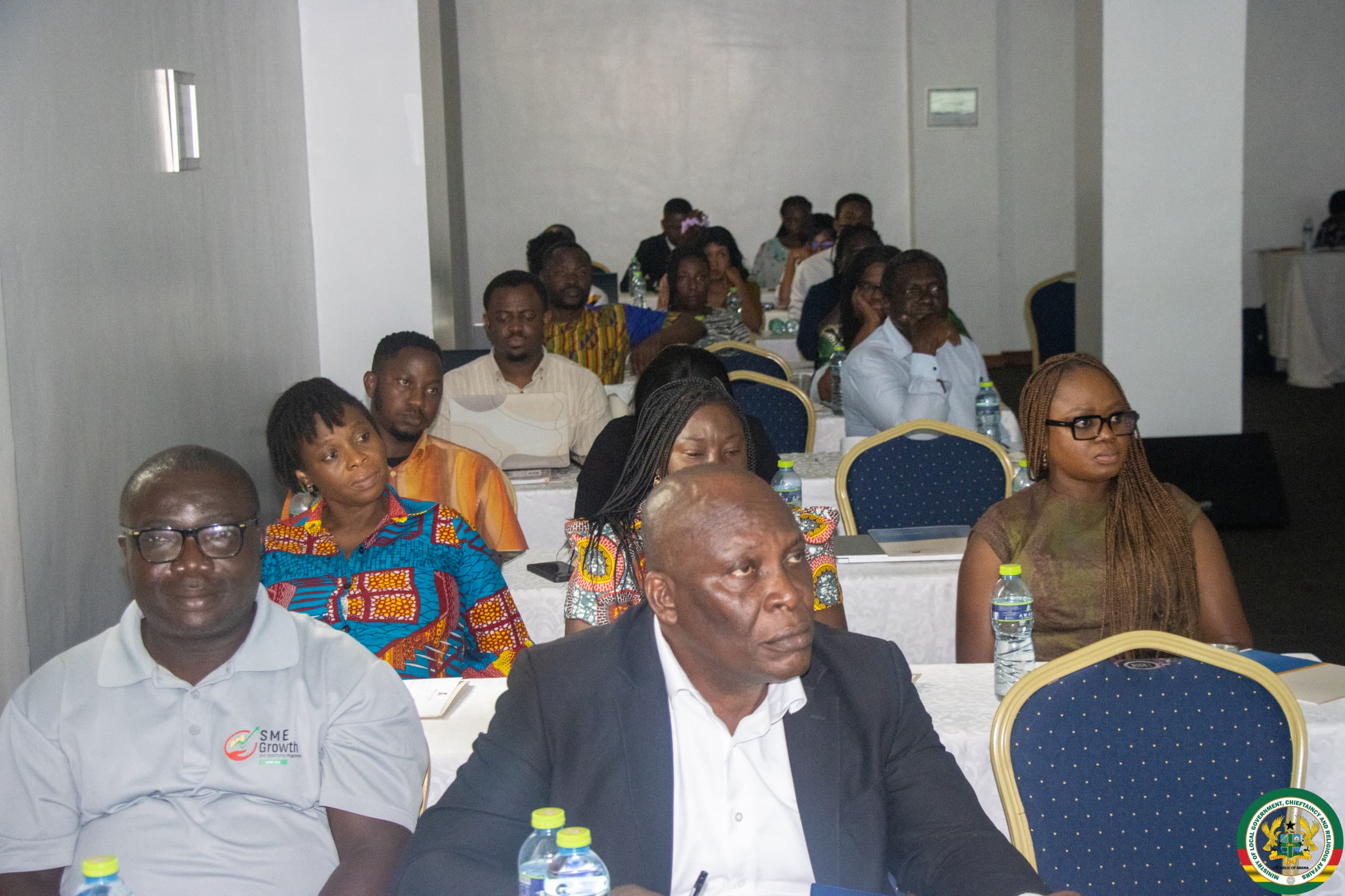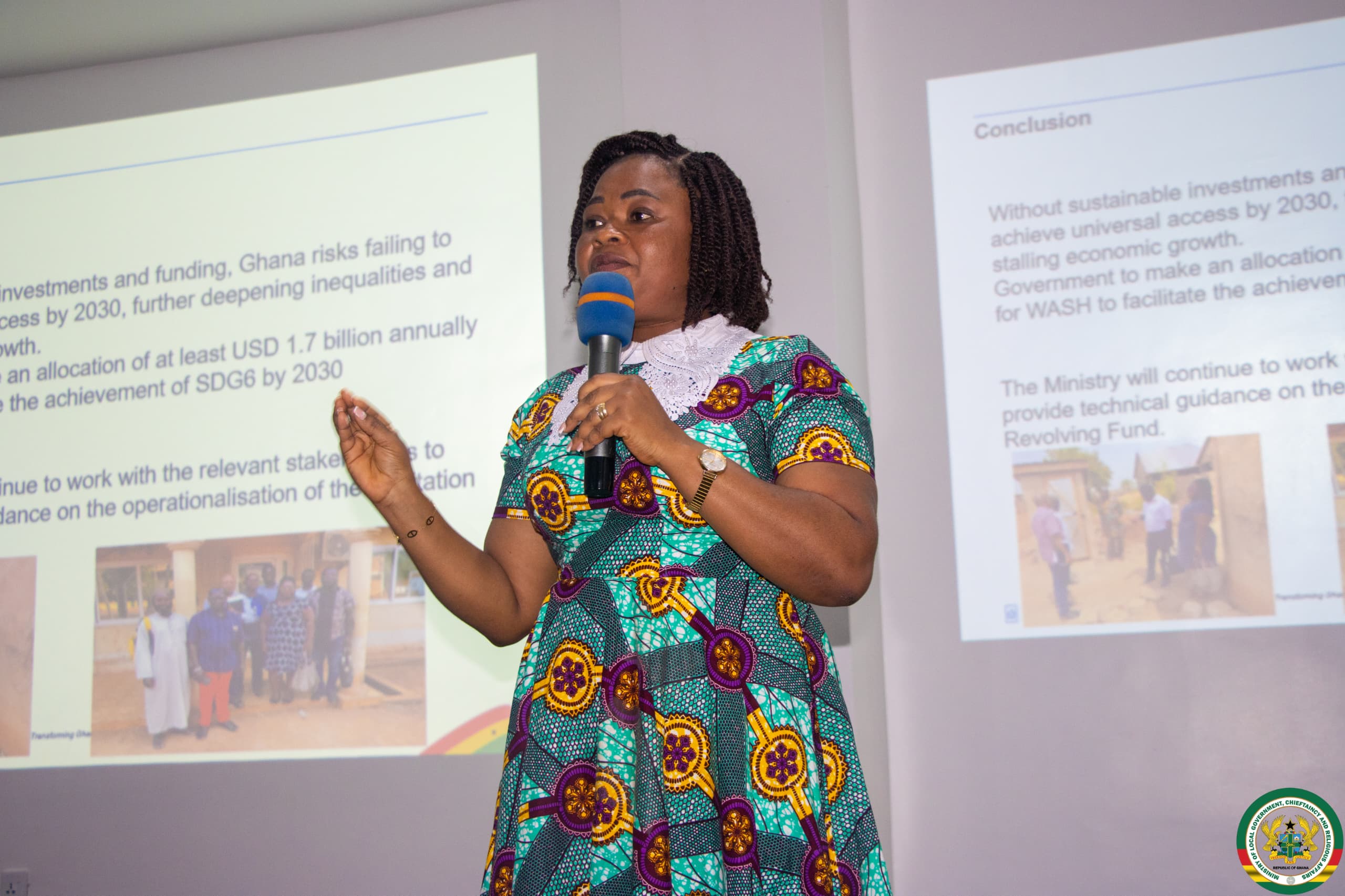Stakeholders in Ghana’s Water, Sanitation and Hygiene (WASH) sector have reaffirmed their commitment to deeper coordination and joint action during a stakeholder engagement meeting held today at the Airport View Hotel in Accra.
Organized under the Government of Ghana–UNICEF WASH Programme, the high-level meeting brought together key representatives from government Ministries, Departments and Agencies, development partners, civil society organisations, and local government institutions to strengthen collaboration for more inclusive and sustainable sanitation delivery.
The meeting, convened by the Ministry of Local Government, Chieftaincy and Religious Affairs (MLGCRA), is the first of its kind following the recent transfer of the Environmental Health and Sanitation Directorate (EHSD) from the now-defunct Ministry of Sanitation and Water Resources to the Ministry, through Executive Instrument (EI) 1 of 2025.
In a speech delivered on behalf of the Chief Director of the Ministry, Mr. Amin Abdul-Rahaman, stakeholders were urged to view the transition as a timely opportunity to improve sector alignment and bring WASH interventions closer to communities.
“This transition should rather allow us to better align sanitation programming within decentralised service delivery structures and the traditional governance systems. It would eventually help bring our interventions closer to the people, grounded in local realities and responsive to on-the-ground needs,” the statement noted.
Participants were reminded of the Ministry’s continued commitment to national strategies, such as the Rural Sanitation Model and Strategy, aimed at improving rural access to safely managed sanitation services.
The Chief Director, through his speech, acknowledged the long-standing partnership with UNICEF and the significant progress made under the GoG–UNICEF WASH Programme. Key gains were cited in the areas of behaviour change communication, market-based sanitation, technology development, regulatory improvements, and financing models.
However, the Ministry also noted persistent challenges, especially in ensuring the sustainability of household toilets in rural areas. It emphasized the urgent need to strengthen the supply side of rural sanitation—addressing bottlenecks such as limited access to affordable materials, skilled labour, and resilient technologies.
Another pressing concern raised was the increasing threat posed by climate change to WASH infrastructure and public health.
“Climate change is no longer a future concern; it is a present and escalating challenge. Toilets are being washed away, water sources are diminishing, and public health risks are intensifying,” the Ministry cautioned, calling for climate-proofed WASH systems and integrated adaptation strategies.
During the meeting, a draft WASH coordination framework was presented by the Ministry for stakeholder review. The framework outlines roles and responsibilities of thematic leads, focal persons, and collaborating institutions, and aims to strengthen coherence, accountability, and results delivery across the sector.
In closing, the Ministry challenged all stakeholders to move beyond silos and renew their commitment to a common goal.
“Achieving open defecation-free status and ensuring safely managed sanitation services for all Ghanaians will require more than technical solutions. It demands strong partnerships, shared accountability, and an unwavering commitment to equity and inclusion,” the Chief Director’s message stressed.
The meeting concluded with renewed pledges of support and collaboration from development partners, civil society, and local government institutions. Stakeholders commended the Ministry for creating a space for dialogue and pledged to continue working together toward a Ghana where every person lives in dignity through access to safe, sustainable, and climate-resilient WASH services.
Source: Darling Maame Efua Cann & Stephanie Edem Klutsey
(Public Relations Unit-MLGCRA)
